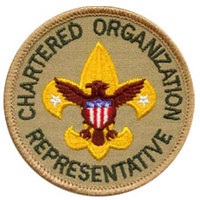 Beyond agendas, meetings and paperwork, the committee chair’s job includes supporting, inspiring and helping your committee members succeed in the jobs you have recruited and selected them for.
Beyond agendas, meetings and paperwork, the committee chair’s job includes supporting, inspiring and helping your committee members succeed in the jobs you have recruited and selected them for.
Continuing in our series aimed at the new committee chair, this article will go into the many ways you can encourage your committee members and help them enjoy their roles supporting the troop and its Scouts.





